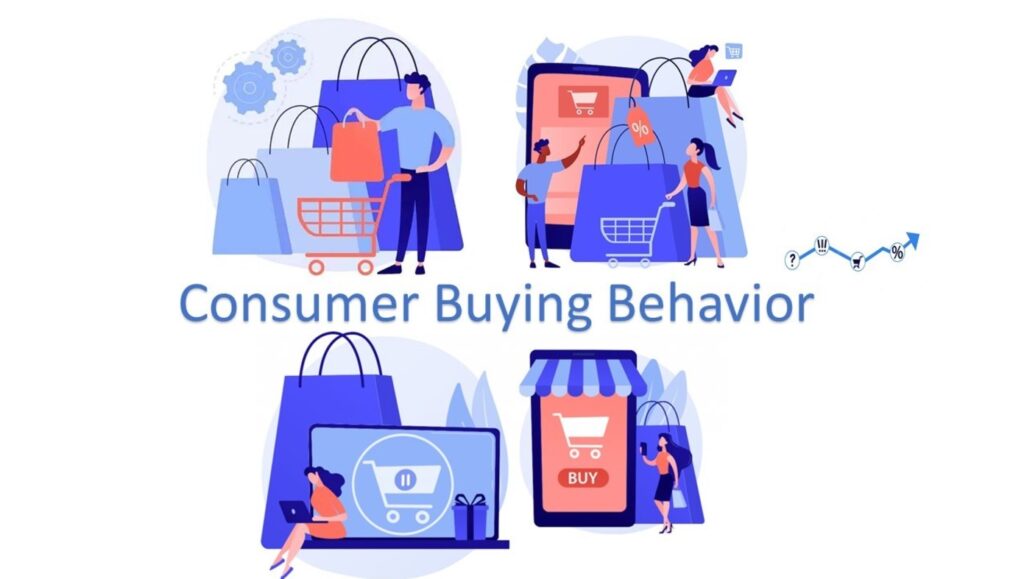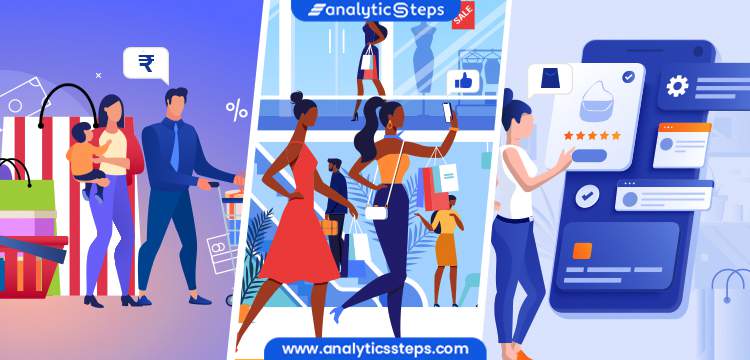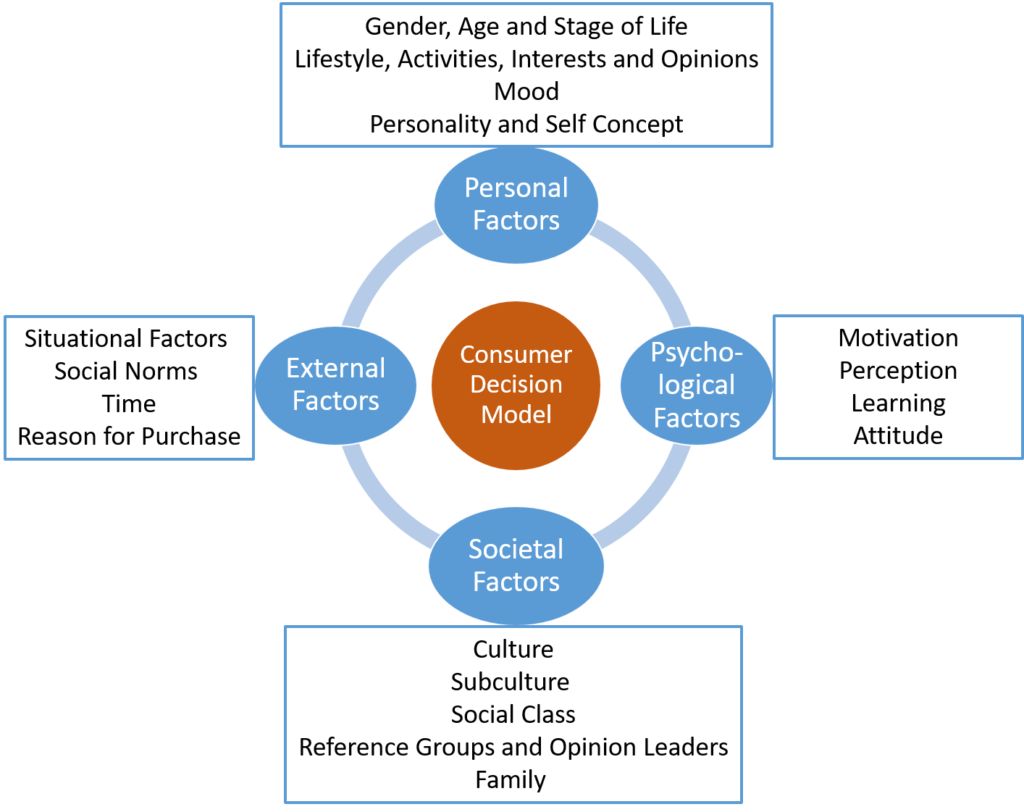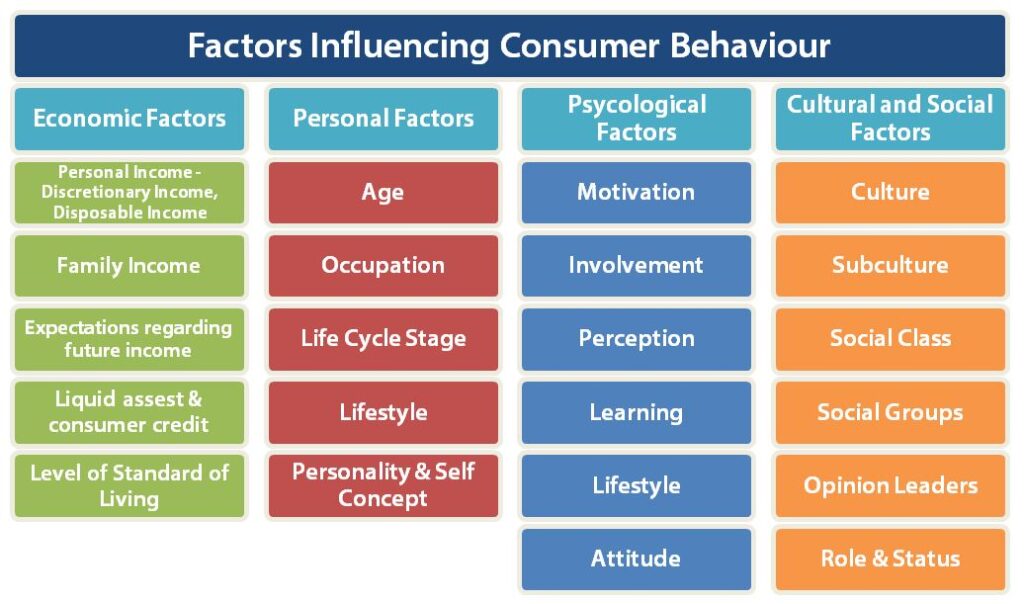CUSTOMER PURCHASING BEHAVIOR
Customer purchasing behavior is influenced by a variety of factors, which are often divided into four main groups:

- Personal factors
- Age and life stage: Needs and priorities change with age and life stage (student, married, retired, etc.).
- Income and financial situation: Spending ability depends on income, savings, and willingness to invest.
- Work and lifestyle: Occupation and lifestyle greatly influence the types of products/services that customers choose to buy.
- Personal values and attitudes: Life views, environmental awareness, or personal tendencies can influence purchasing decisions.
- Psychological factors

- Motives: Personal needs (such as survival, safety, affection, or self-expression) are the driving forces behind purchases.
- Perception: How customers feel about a brand, product, or service influences purchasing decisions.
- Learning and experience: Customers often rely on previous experiences or information learned to make decisions.
- Attitudes and beliefs: Positive or negative feelings about a brand or product play an important role.
- Social factors
- Family: Purchase decisions can be influenced by family members, especially in major decisions.
- Reference groups: Friends, colleagues, or celebrities that customers admire can guide consumer behavior.
- Social roles and status: Customers can choose products that fit their position in society.
- Social trends: Movements or trends in society, such as sustainable consumption or the use of new technology.
- Cultural factors

- Culture: The values, beliefs, and habits of a culture strongly influence consumer needs and behavior.
- Subculture: Distinctive characteristics such as religion, ethnicity, or region can influence shopping habits.
- Social group: Social class can influence the type of products that customers find suitable.

- Situational factors
- Purchase situation: Time, place, and mood at the time of purchase can influence purchasing decisions.
- Promotions: Factors such as discounts, gifts, or promotion timing can motivate buying behavior.
- Shopping experience: Convenience, customer service, and store atmosphere can have a big impact.
Successful businesses often carefully understand these factors to build effective marketing strategies, from product positioning, brand development, to customer care.

